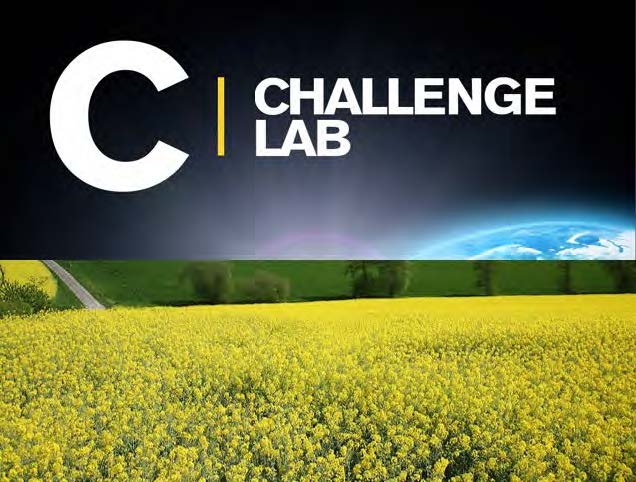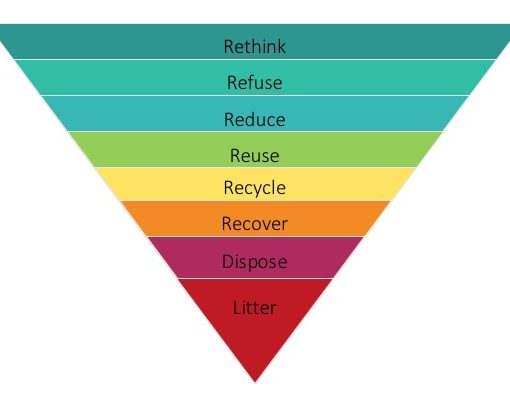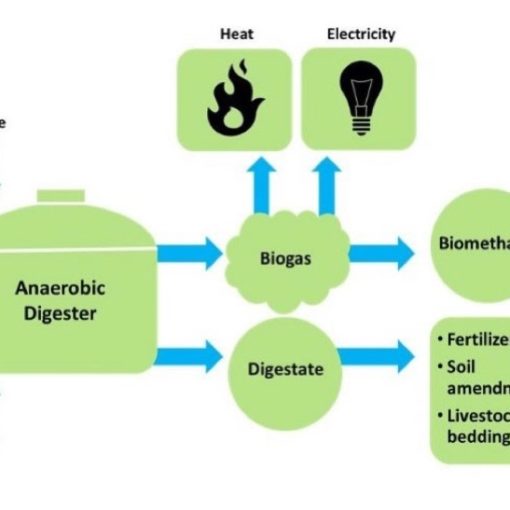This thesis consists of two parts. Part I describes the Challenge Lab method, which is a method developed for students to find a thesis research question to support transition into a sustainable society. The Challenge Lab method was carried out by 12 students during Spring 2014 and contains methodologies, tools, perspectives, theories and frameworks for students to work with complex problems related to sustainable development. This years’ work include backcasting, self-leadership, multi-level perspective, systems theory, systems transition, design-thinking, etc.
Part II addresses the uncertainties of the barriers and drivers for development, diffusion and use of biodiesel fuel in Sweden and as well as the networks and key stakeholders connected to biodiesel fuels. In Sweden, biodiesel fuels have the biggest market share among the biofuels, 53.4%, but only hold a small market share out of the total vehicle fuels, 4.3% (based on energy content). The aim of this report is to increase awareness and encourage development, diffusion and use of biodiesel fuels (FAME, HVO and DME). The barriers and drivers were identified with the methodology of Functions of Innovation Systems and key stakeholders were identified through Social Network Analysis. The research method was semi-structured interviews with stakeholders as well as literature studies. The the main identified drivers are i) HVO commercialisation and, ii) EU policy on emission standards; and the main identified barriers are i) high production costs of biodiesels compared to fossil diesels, ii) limited state aid (mainly tax exemption) that lacks future oriented vision, iii) low visibility of biodiesels, iv) weak market for biodiesel fuels in a high-blend form, v) petition on regulatory change for HVO, vi) environmental concerns associated with biofuels, vii) feedstock limitations and viii) lack of strong advocacy coalitions. Furthermore, important stakeholders in the Swedish biodiesel market are Preem, Volvo Group and policy makers on national level.
Cecilia Hult and Daniella Mendoza, 2014
Read the full report here.





